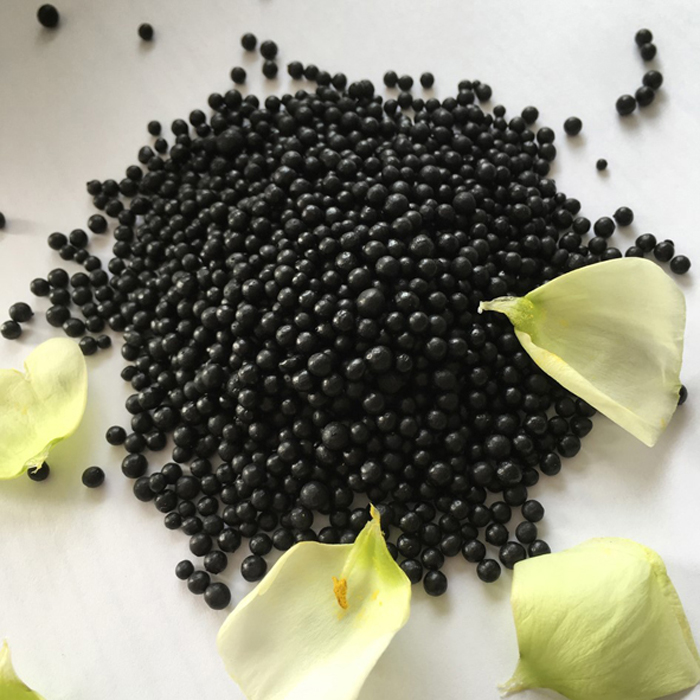
Nov . 14, 2024 07:55 Back to list
alfalfa for fertilizer organic factory
The Benefits of Using Alfalfa for Organic Fertilizer Production
Alfalfa, known scientifically as Medicago sativa, is a perennial flowering plant of the legume family. It is commonly cultivated as fodder for livestock due to its high nutritional value. However, its benefits extend far beyond animal feed; alfalfa is increasingly recognized for its potential as a key ingredient in organic fertilizer production. This article will explore the various advantages of using alfalfa in organic fertilizers, its applications, and the positive environmental impacts of its utilization.
Nutrient-Rich Composition
One of the primary reasons alfalfa is favored in organic fertilizer formulations is its rich nutrient profile. Alfalfa is packed with essential nutrients, including nitrogen, phosphorus, potassium, and various micronutrients. The high nitrogen content, in particular, stems from its ability to fix atmospheric nitrogen, thanks to its symbiotic relationship with nitrogen-fixing bacteria. This makes alfalfa not only suitable as a fertilizer but also as a green manure crop, enhancing soil fertility and structure when tilled back into the ground.
Enhancing Soil Structure
Incorporating alfalfa into soil can significantly improve its structure and health. The fibrous roots of the alfalfa plant break compacted soil layers, promoting better aeration and water infiltration. This is particularly beneficial in no-till or low-till agricultural practices, as it helps improve soil porosity and encourages a healthier ecosystem for soil organisms. The organic matter provided by decomposing alfalfa also increases soil humus content, which enhances moisture retention and nutrient availability for plants.
Promoting Sustainable Agriculture
Utilizing alfalfa for organic fertilizer aligns perfectly with sustainable farming principles. As a leguminous plant, alfalfa contributes to crop rotation strategies that reduce the need for synthetic fertilizers and pesticides. By fixing nitrogen in the soil, alfalfa helps lower the dependency on chemical nitrogen sources, which can have detrimental effects on the ecosystem. Moreover, it can naturally suppress weed growth and reduce soil erosion, further promoting a healthier agricultural environment.
alfalfa for fertilizer organic factory

Versatile Applications
Alfalfa can be processed and utilized in various forms as an organic fertilizer. It can be used in its dried form, as a meal, or in pelletized versions, catering to different agricultural needs. The versatility of alfalfa means it can be adapted for use in home gardens, commercial agriculture, and even in landscaping projects. Additionally, it can be combined with other organic materials, such as compost or manure, to create a balanced fertilizer that meets specific nutrient requirements.
Environmentally Friendly Option
The demand for organic produce is on the rise, leading to an increased interest in environmentally friendly agricultural practices. Alfalfa-based fertilizers are an excellent option for farmers looking to meet organic farming standards. Not only do these fertilizers reduce chemical inputs, but they also encourage biodiversity. By enriching the soil food web, alfalfa promotes the presence of beneficial organisms, such as earthworms and microorganisms, which are crucial for soil health.
Challenges and Considerations
While the potential benefits of alfalfa in organic fertilizer production are significant, there are some challenges that growers must consider. The establishment of alfalfa crops requires an initial investment of time and resources, and the growing conditions must be closely monitored to avoid pest and disease issues. Additionally, farmers should be aware of regional factors, such as soil types and climate, which could affect alfalfa growth.
Conclusion
Incorporating alfalfa into organic fertilizer production offers various advantages, from enriching soil with vital nutrients to promoting sustainable agricultural practices. Its ability to enhance soil structure, support biodiversity, and reduce the need for synthetic inputs makes alfalfa a valuable resource for farmers and gardeners alike. As the agricultural sector continues to seek environmentally friendly alternatives, the role of alfalfa as a key player in organic fertilizers will undoubtedly expand, paving the way for healthier soils, crops, and ecosystems. Embracing such practices not only benefits individual farmers but also supports the broader movement toward sustainable food production systems.
-
Premium Organic Manure Compost for Eco Gardens
NewsAug.01,2025
-
Organic 10-10-10 Fertilizer | Balanced Plant Nutrients
NewsJul.31,2025
-
Premium Amino Acid Fertilizer | Rapid Plant Growth Booster
NewsJul.31,2025
-
10 10 10 Fertilizer Organic—Balanced NPK for All Plants
NewsJul.30,2025
-
Premium 10 10 10 Fertilizer Organic for Balanced Plant Growth
NewsJul.29,2025
-
Premium 10 10 10 Fertilizer Organic for Balanced Plant Growth
NewsJul.29,2025
